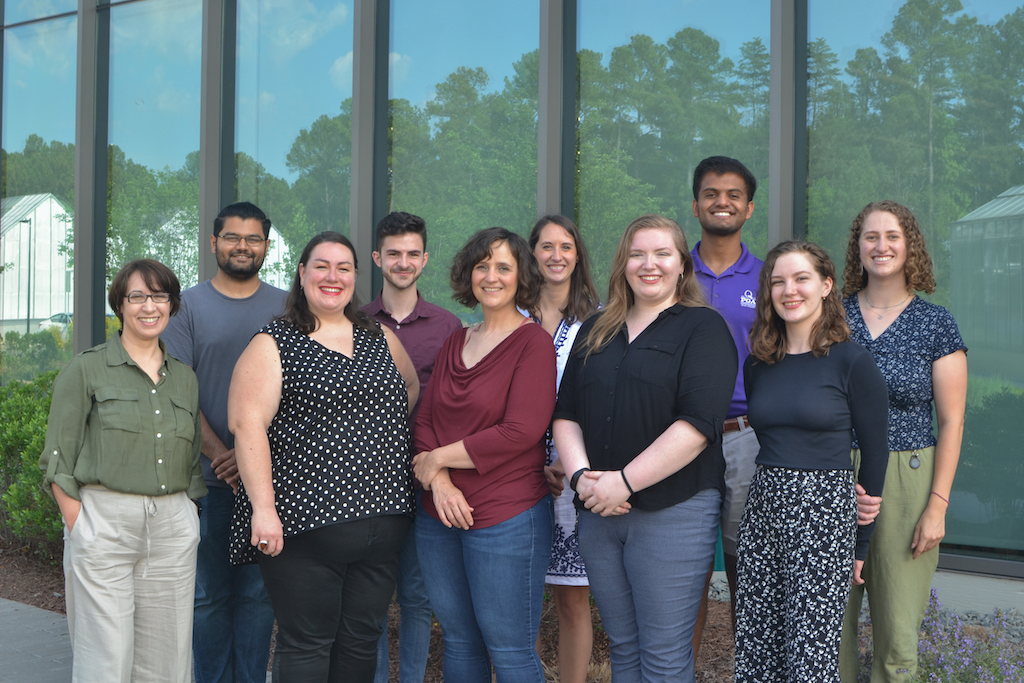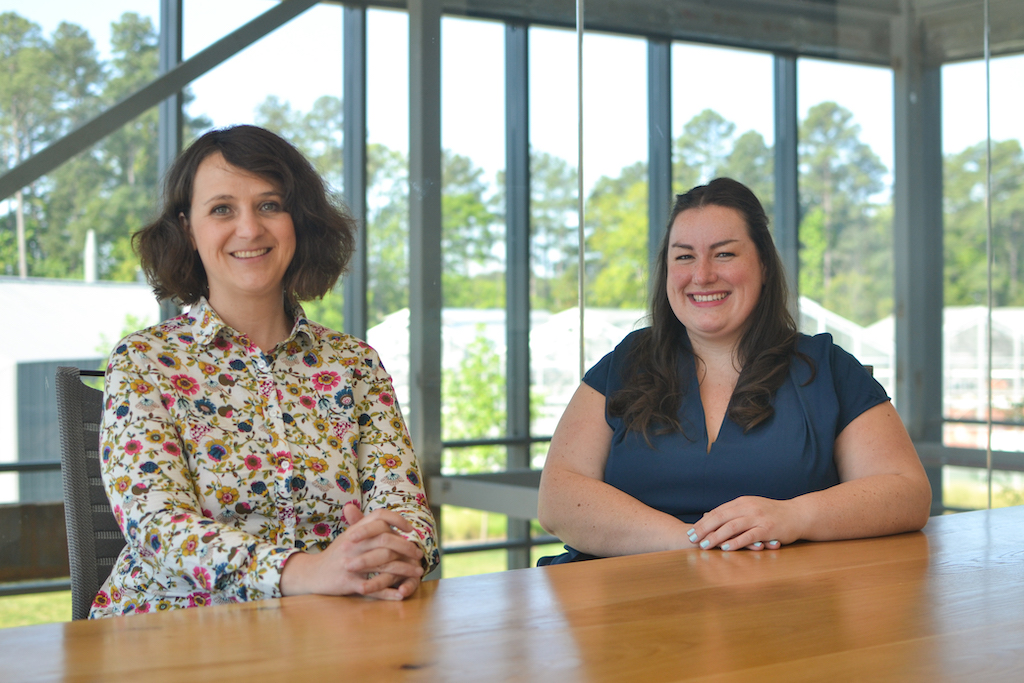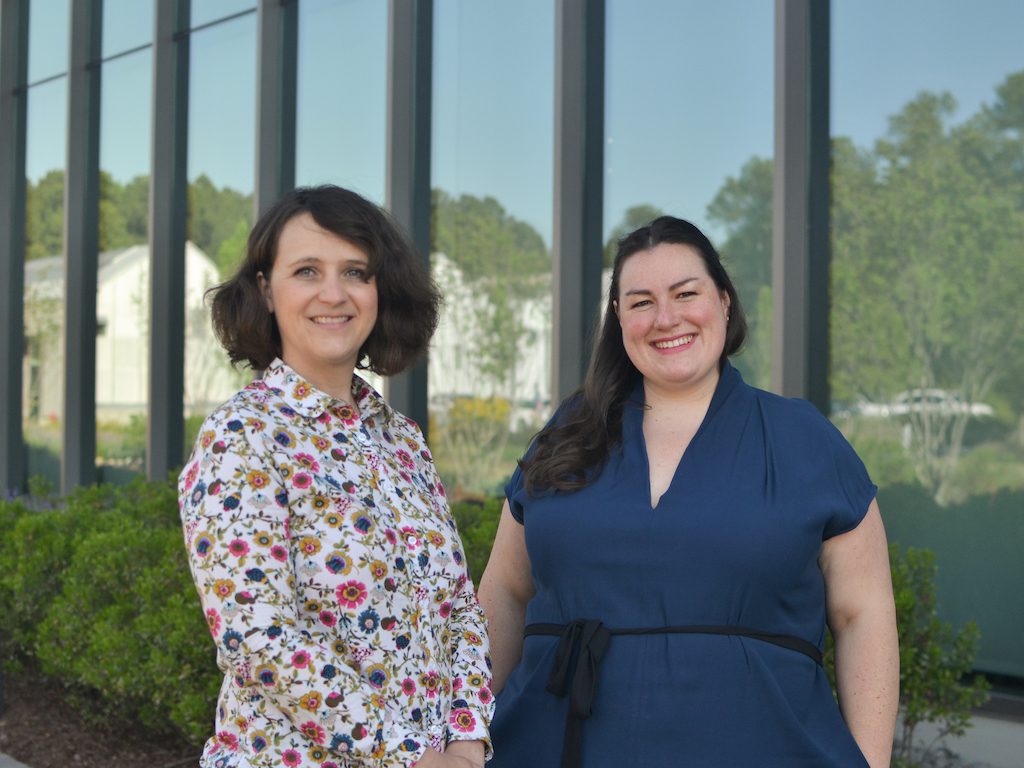5 Mins Read
Mammalian milk food tech startup Biomilq has announced that it has moved from the proof-of-concept stage into proof-of-complexity, producing what it says is the “world’s first cell-cultured human milk outside of the breast”. This puts the company at the forefront of disrupting the soon-to-be US$103 billion infant formula industry with its far more sustainable and nutritionally optimal alternative for mothers and babies who need it.
Durham, North Carolina-based women-founded startup Biomilq has successfully farmed human breast milk outside the body, the company has announced today (June 1). Within just 11 months, Biomilq now finds themselves “at the frontier of lactation science, helping to advance the entire field by putting mothers and babies at the forefront”.
Being able to replicate human breast milk using cellular agriculture marks a significant step towards making an alternative feeding option available – one that provides the optimal nutrition that real breast milk provides, including the anti-inflammatory polyunsaturated fatty acids (PUFAs) known to play a role in promoting healthy development in babies, combined with the practical advantages of formula.

Our latest work demonstrates that much of the complexity of milk can be achieved by replicating the intricate relationship between the cells that produce it and the conditions they experience inside the body during lactation.
Dr. Leila Strickland, Co-Founder & CSO, Biomilq
It’s an invaluable alternative for mothers who may not be able to breastfeed for medical reasons, or infants in exceptional circumstances like foster care, not to mention a far more sustainable and ethical solution, given the dairy industry’s firm grip on the current infant formula market, which is set to balloon to US$103 billion by 2026.
Commenting on their milestone, Biomilq co-founder and chief science officer Dr. Leila Strickland said: “Our core hypothesis has always been that milk is greater than the sum of its parts, which all work together as a dynamic system.”
“Our latest work demonstrates that much of the complexity of milk can be achieved by replicating the intricate relationship between the cells that produce it and the conditions they experience inside the body during lactation.”
Dr. Strickland, a cell biologist who envisioned a cell-ag solution for infant nutrition after struggling to breastfeed her own children, co-founded the Bill Gates-backed startup with Michelle Egger.
Together, the female duo differentiates themselves from other players in the space who have set out to create a “handful of components” within milk, but want to bring a “whole milk product that maintains the integrity of it’s incredible evolutionary origin.”

Read: Biomilq co-founder Michelle Egger on bringing cultured milk to all mothers who need it
Biomilq has shown it can create a product that contains a comprehensive suite of human milk proteins that not only function to nourish but also protect infants.
Dr. Jennifer Smilowitz, Biomilq Technical Advisor & UC Davis Human Milk Researcher
It’s a hugely ambitious task that up until now, hasn’t yet been achieved. Biomilq says that its product now does boast the macronutrient profiles that can match the proportions and types of proteins, carbohydrates, fatty acids and bioactive lipids that can be found in real human breast milk.
“Human milk is tremendously complex in both composition and structure which has made it impossible to replicate outside of the lactating parent,” explains Dr. Jennifer Smilowitz, technical advisor at Biomilq and human milk researcher at UC Davis.
“Biomilq has shown it can create a product that contains a comprehensive suite of human milk proteins that not only function to nourish but also protect infants.”
Only a handful of other startups are working in the cultured milk space, among them TurtleTree Labs, a Singapore-based startup developing lab-grown cow’s milk as well as human milk for babies, and Canadian food tech Better Milk who are focused solely on making cow’s milk directly from mammary cells.
Food giant Nestlé has also signalled its potential entry into the sector with a recent job listing for a specialist in mammary gland development and lactation biology.

We have no intention to replace chestfeeding, so we’re comfortable with the differences between our product and breast milk.
Michelle Egger, Co-Founder & CEO, Biomilq
Biomilq is clear that their cell-based human breast milk isn’t bioidentical – it won’t be able to replicate the real-time composition dynamics occurring when the mother is physically feeding the child in their unique environment.
“But, because Biomilq’s product is produced outside the body in a sterile controlled environment, our milk will be free from the environmental toxins, food allergens, and prescription medications that are often detected in breast milk,” said the company.
Recent research has found PFAS or “forever chemicals” in 100% of human breast milk samples collected from U.S. mothers. PFAS are widely used to manufacture everyday products such as food packaging, containers, personal care and cosmetics.
“We have no intention to replace chestfeeding, so we’re comfortable with the differences between our product and breast milk,” comments co-founder and CEO Egger.
“Instead, we intend to offer parents another supplemental feeding option to nourish healthier babies, empower parents through choice, and contribute to a healthier planet.”
Lead image courtesy of Biomilq.




